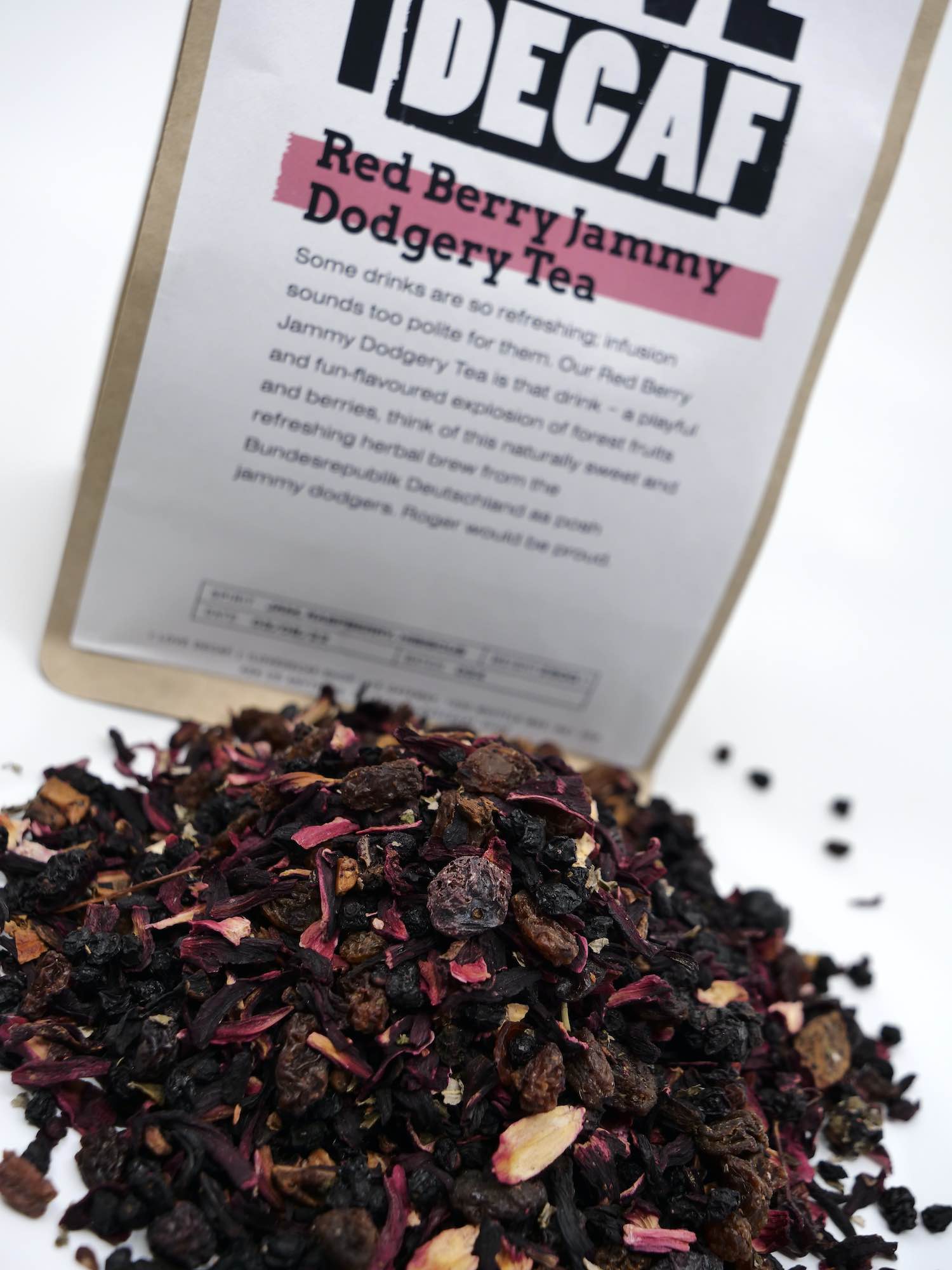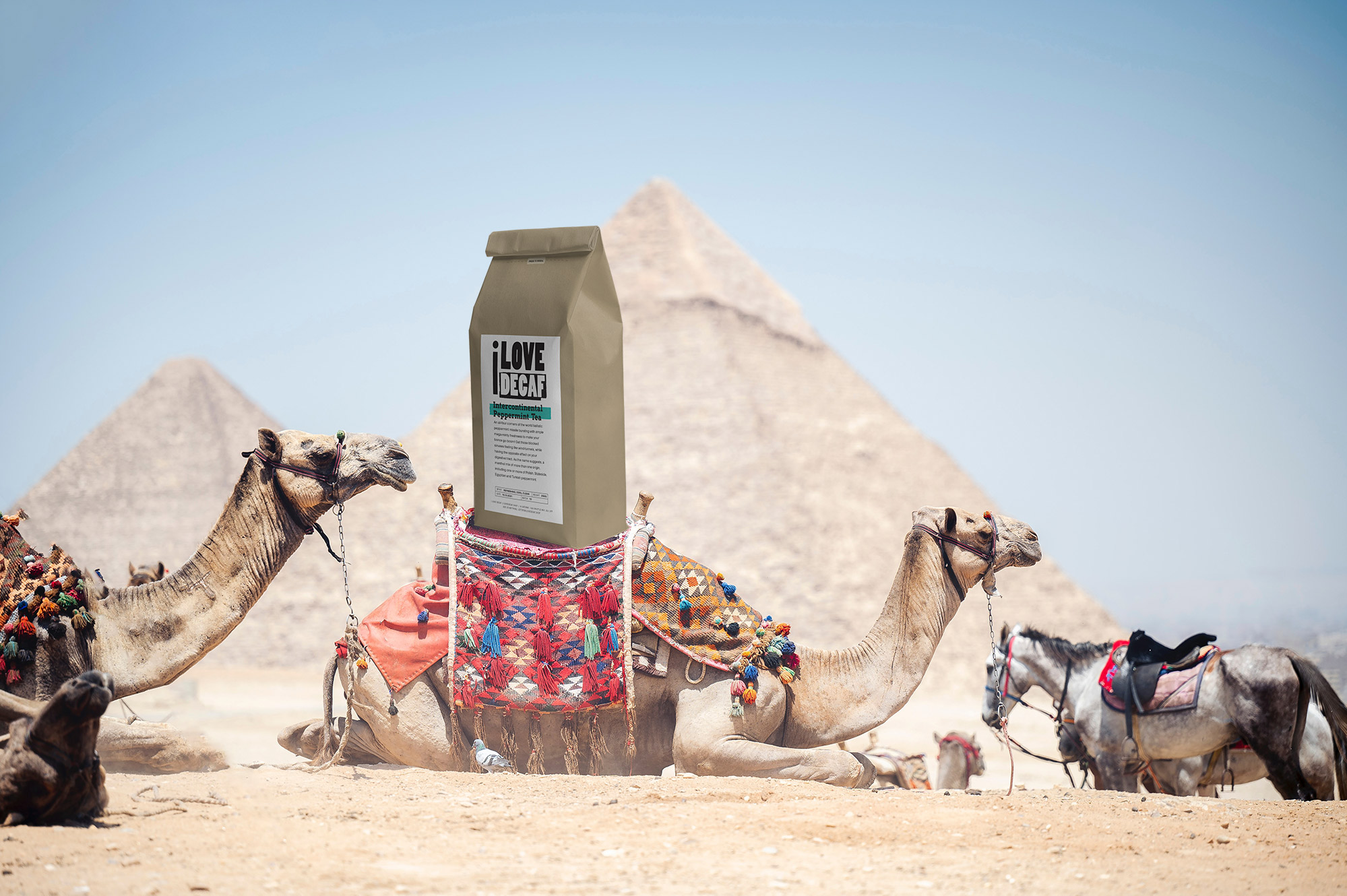Herbal tea is a drink that has been enjoyed by people around the world for centuries. There are many types of herbal tea, each with its own unique flavour and benefits. It is believed that herbal tea has more health benefits than traditional tea.
The Benefits of Herbal Tea
Herbal tea is popular for people of all ages. It has many health benefits, including reducing stress and improving heart health. Here are five reasons why herbal tea is great:
1. Herbal tea is a natural stress reliever. Studies show that herbal tea can help reduce stress levels. This is because the tea contains compounds that affect neurotransmitters in the brain.
2. Herbal tea can improve heart health. Studies have shown that herbal tea can help improve heart health by reducing the risk of heart disease and stroke. Some of the compounds in herbal teas can lower blood pressure and cholesterol levels while protecting against inflammation.
3. Herbal tea helps you lose weight. Several studies have found that people who drink herbal tea tend to weigh less than those who do not drink herbal tea. This is likely because herbal teas contain compounds that promote satiety (the feeling of fullness). Studies have found that antioxidant properties are present in many types of herbal teas. These properties can protect cells from damage and may help reduce the risk of some diseases.
How to Make Herbal Tea
What’s so great about herbal tea? For one, it’s a great way to get your daily dose of antioxidants and other health benefits. Plus, it’s convenient and easy to make at home. Here are four tips for making herbal tea like a pro:
- Choose the right herbs
- Select the right herbs for your desired flavour and health benefits. Some popular choices include ginger, cilantro, peppermint, lavender, and lemon balm. Experiment to see what you like best! Try out some of our ready to brew herbal teas here.
- Make sure the water is hot enough
- Hot water helps to extract the flavour and nutrients from the herbal tes. Steep for 3-5 minutes per cup, or until desired flavour is reached.
What to Drink with Herbal Tea
There are many great things about herbal tea, and one of the best things is that it can be tailored to what you want. Whether you’re looking for a refreshing drink to cool off on a hot day or something to help you relax, herbal tea has you covered.
Some of the most popular herbal teas include chamomile, lavender, and raspberry. Chamomile is known for its calming effects, lavender for its relaxing properties, and raspberry for its sweet flavour. All these teas are perfect for when you need some downtime or want to relax.
If you’re looking to take your herbal tea up a notch, consider trying some of our tinctures. Tinctures are concentrated versions of herbal teas that offer more potent flavours and benefits. Some of the most popular tinctures include peppermint, ginger, and lavender. These tinctures can help with digestion, circulation, and energy levels.
Whatever your needs are, there’s a good chance that a herbal tea can fulfil them. If you’re new to herbal tea, start with something simple like chamomile or lavender tea.
Herbal Tea for Sleep
If you’re looking for a relaxant, herbal tea may be just what you need. Chamomile, lavender, and hops are all excellent choices for a bedtime drink. These herbs are known to promote relaxation and can help you fall asleep faster. Additionally, some teas contain natural chemicals that work as sleep aids, such as melatonin. So, if you’re struggling to get to sleep, give some herbal tea a try.
Herbal Tea for Stress Relief
Herbal tea is amazing for relieving stress. Here are some reasons why:
- First, herbal tea is enjoyed for its taste, which can be quite soothing and calming. Unlike some caffeine-based drinks, herbal tea doesn’t leave you feeling wired or jittery.
- Second, many herbal teas contain antioxidants and other health-promoting compounds that have been shown to help protect against chronic health conditions like heart disease and cancer.
- Third, herbal tea is a great way to get your daily dose of vitamins and minerals. Many herbs contain important nutrients like calcium, magnesium, and potassium that are essential for overall health. Tea also contains several antioxidants that can help scavenge harmful toxins from the body.
- Finally, many people find that drinking herbal tea helps them to wind down after a long day of work or school. The calming properties of herbal tea help to relieve stress and promote relaxation.
The end?
Herbal tea is a great beverage for people of all ages. It can help you stay hydrated, relax your mind and body, and boost your immune system. Not to mention, herbal tea is much less expensive than traditional drinks like soda or coffee. If you’re looking for a refreshing drink that has many health benefits, herbal tea may be the perfect choice for you!


